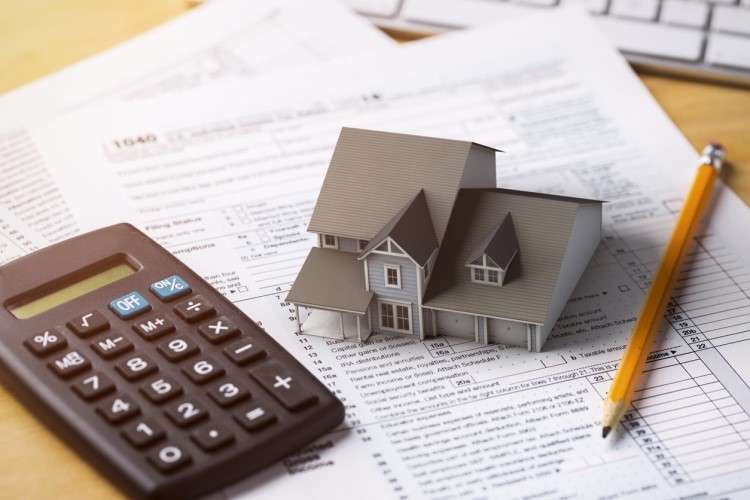
Australia's housing market has been voyaging on rough seas over the past few months, and there seems to be no certainty regarding how bumpy will the rest of the ride be.
The general sentiments on the housing market are generally divided into two groups of people: one that predicts that the housing downturn is just a part of the cycle Australia has to undergo to, while the other foresees an imminent collapse in home prices.
In a think piece on Asia Times, industry watcher Lachlan Colquhoun said while a housing market crash seem hyperbolic, Australia is facing a clear threat just around the corner.
For Colquhoun, amid the arduous exchange of forecasts, one thing is certain: investors are now shying away from participating in the Australian housing market.
"Asian and particularly Chinese investors who fuelled the boom in key markets such as Sydney are now no longer such big players," he said.
Investment from Chinese investors dropped significantly from 2014 at US$3.3bn to just US$936,670 last year, as regulators limited lending to foreign investors.
"At the height of the boom, the market was full of property spruikers offering no interest and no deposit loans to investors who were sold the dream an easy road to wealth through price appreciation," Colquhoun said.
With the Royal Commission forcing banks to be more prudent with their lending rules, credit has been difficult to access even for owner-occupiers.
In Colquhoun's view, the situation will result in many homeowners facing negative equity, with their homes now values less than the debt they owe. This is particularly true in the apartment market, which suffers from a supply glut due to the exuberance of many developers at the height of the housing boom.
"The nightmare scenario is that negative equity investors will simultaneously rush for the exits, dumping more stock on the market and bringing on a property market rout," he said.
Interest rates will also play a vital role in balancing the risks in the housing market. Should the Reserve Bank of Australia decide to lift the official cash after over two years of keeping it as is, many leveraged property owners would likely be affected.
"The nightmare scenario is that negative equity investors will simultaneously rush for the exits, dumping more stock on the market and bringing on a property market rout," he said.
There is hope, however, as cities like Sydney and Melbourne continues to see strong population growth. For Colquhoun, this will be a positive driver of demand, which is a good thing for the housing market.
Collections: Mortgage News



Share